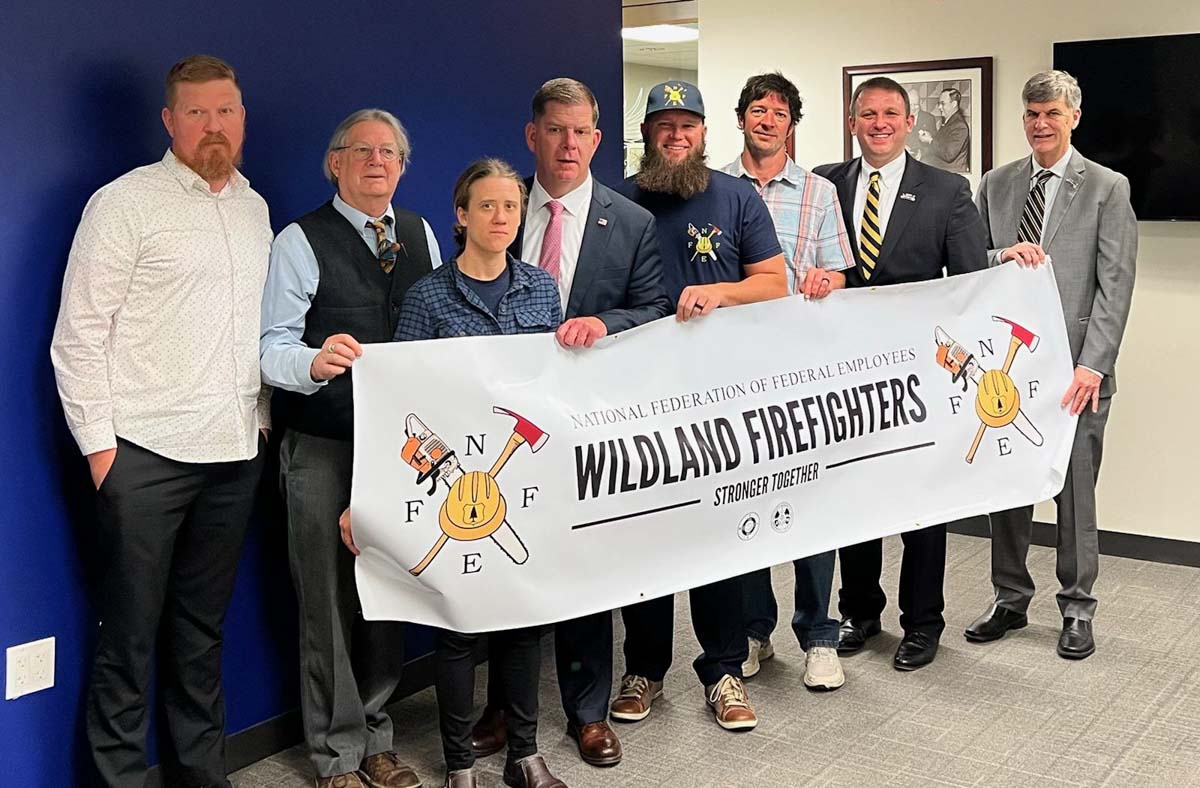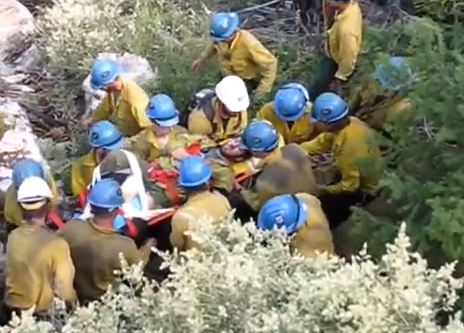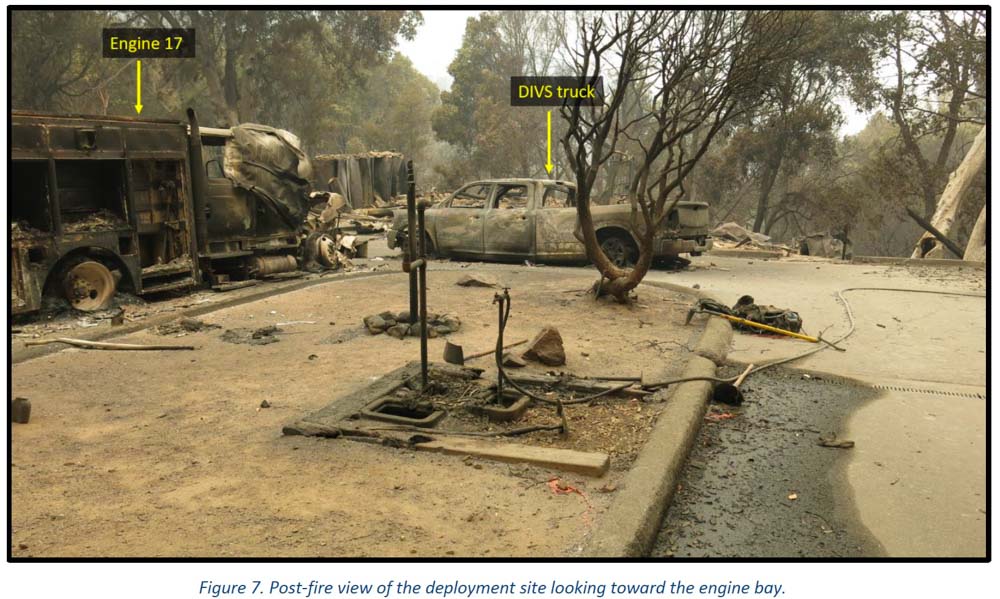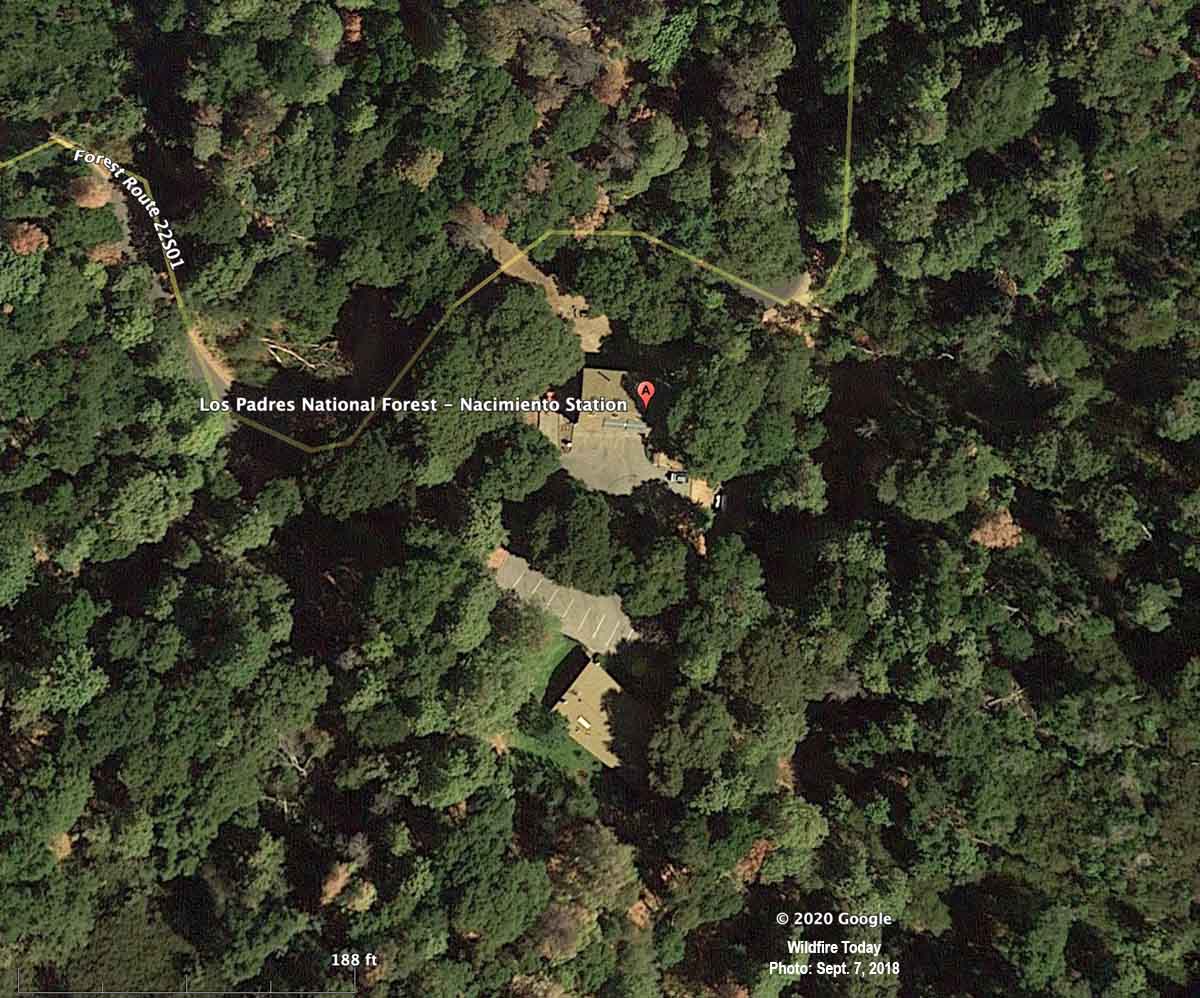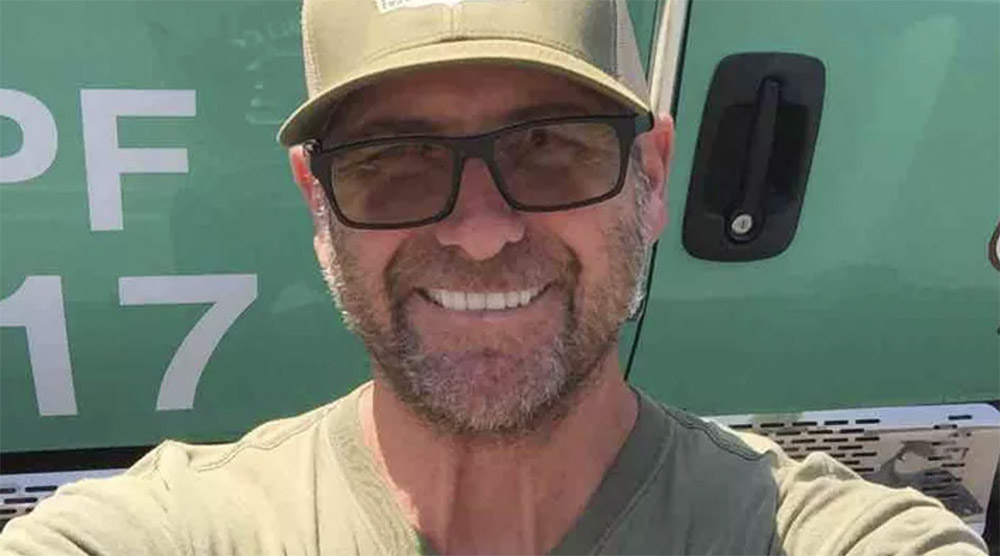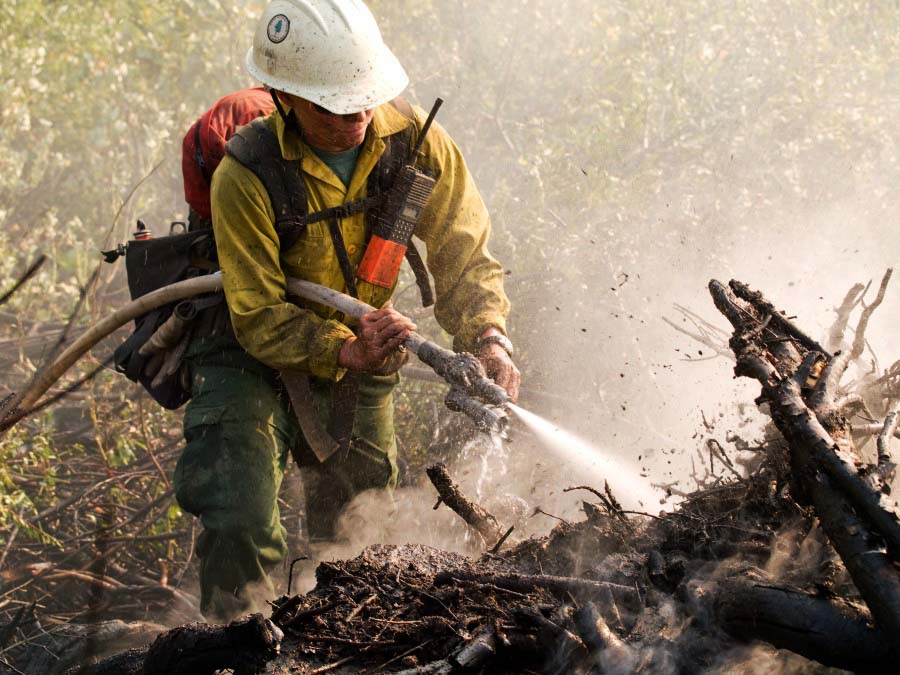
Yesterday the Department of Labor announced that they have implemented important changes for processing Federal Employees’ Compensation Act (FECA) claims submitted by firefighters. FICA can pay medical expenses and compensation benefits to injured workers and survivors, and helps injured employees return to work when they are medically able to do so. The new policy eases the evidentiary requirements needed to support claims filed by federal employees engaged in fire protection and suppression activities for certain cancers, heart conditions and lung conditions. In essence, to an untrained observer, the new program looks similar to the presumptive disease policy employed by many fire departments and governments.
The new Office of Workers’ Compensation Programs FECA Bulletin, No. 22-07 “Special Case Handling in Certain Firefighter FECA Claims Processing and Adjudication” issued April 19, 2022, establishes a list of cancers and medical conditions for which the firefighter does not have to submit proof that their disease was caused by an on the job injury. The requirements to qualify for this new policy are that the condition must be diagnosed by a doctor, the person was engaged in fire protection activities for at least 5 years, and the diagnosis must have occurred no more than 10 years after employment.
If these requirements are met, the employee’s claim would be deemed “high-risk” and qualify for expedited processing.
The medical conditions covered are:
- Cancers: esophageal, colorectal, prostate, testicular, kidney, bladder, brain, lung, buccal cavity/pharynx, larynx, thyroid, multiple myeloma, nonHodgkin’s lymphoma, leukemia, mesothelioma, or melanoma; or
- Hypertension, coronary artery disease, chronic obstructive pulmonary disease, pulmonary fibrosis, asthma, or a sudden cardiac event or stroke.
To implement the policy changes, OWCP has created a special claims unit to process federal firefighters’ claims. The unit consists of existing staff specifically trained to handle these issues. The agency is also providing comprehensive training to the unit’s examiners on the impacts of the policy changes, and working with federal agencies including the departments of Agriculture, Defense, Homeland Security and Interior to explain the changes in policy and procedures.
These two major changes in how the OWCP handles illness and injury claims from firefighters appear to be monumental improvements if they pan out as advertised. In recent years the reputation and services provided by the agency for injured or sick firefighters, or the surviving spouses and family members of those killed on the job, has been abysmal. Too often they have been driven to beg for money at GoFundMe just to pay medical bills after being hounded by bill collectors when the federal government did not fulfill their legal obligations.
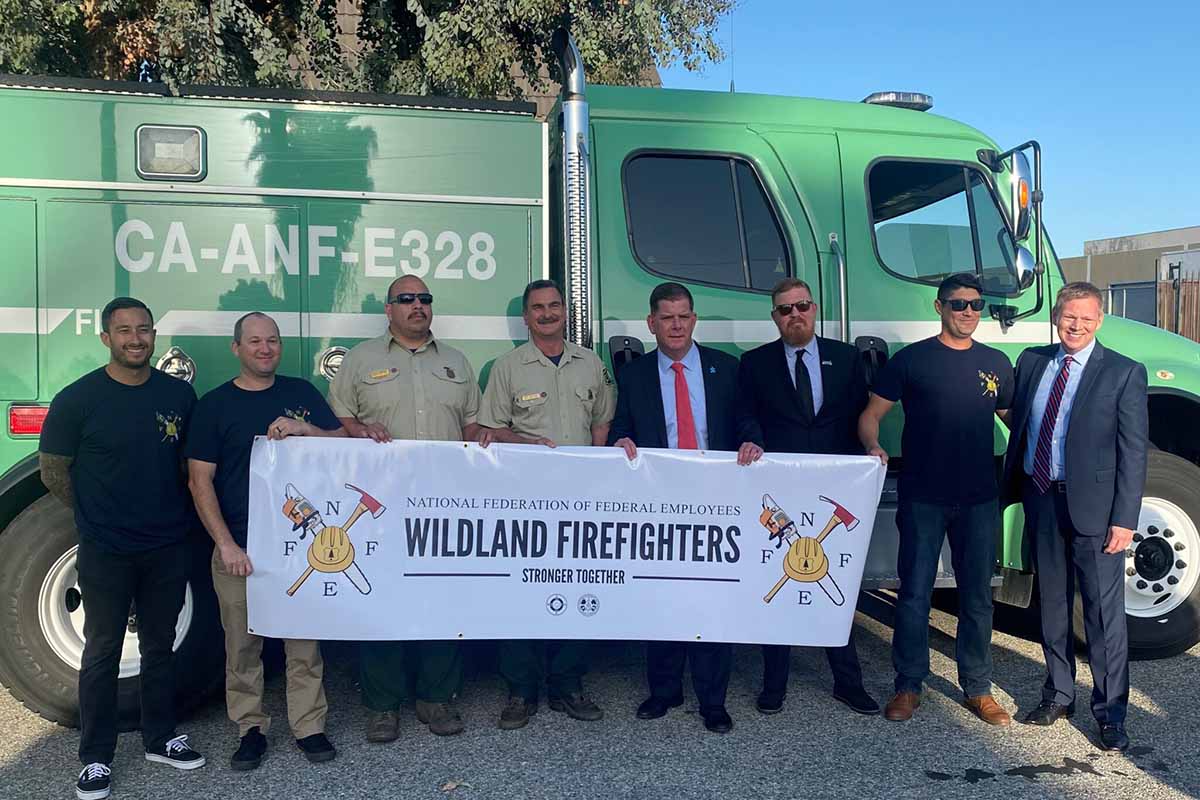
Some of these changes and improvements are due in part to efforts that have been going on behind the scenes by members of the Grassroots Wildland Firefighters, International Association of Fire Fighters, and the National Federation of Federal Employees. In the last month they have traveled to Washington DC and Los Angeles (at least) to meet with federal officials who can make things happen. For example they have met with Marty Walsh, the Secretary of Labor, twice. These folks deserve your thanks.
One of the causes of the slow response to firefighters’ injury and death claims has been a reduction in the number of OWCP claims examiners due to declining budgets over the last few years. It is critical that the President and both houses of Congress follow up and ensure that the agency is appropriately funded so that they can perform their required duties, assisting employees injured or sickened on the job.
More information from the Department of Labor:
- Fact sheet
- Details about how the OWCP will process the claims.
- A more digestible version about the process, with information for firefighters.
How to file a workers’ compensation claim (From the OWCP):
To file a workers’ compensation claim, you must first register for an Employees’ Compensation Operations and Management Portal (ECOMP) account at www.ecomp.dol.gov. ECOMP is a free web-based application. You do not need approval from your supervisor or anyone else at your agency to initiate your FECA workers’ compensation claim. Once you register for an ECOMP account, you will be able to file either Form CA-1 ‘Notice of Traumatic Injury’ (single event trauma) or Form CA-2 ‘Notice of Occupational Disease’ (repeated exposure).
Thanks and a tip of the hat go out to Ben.

